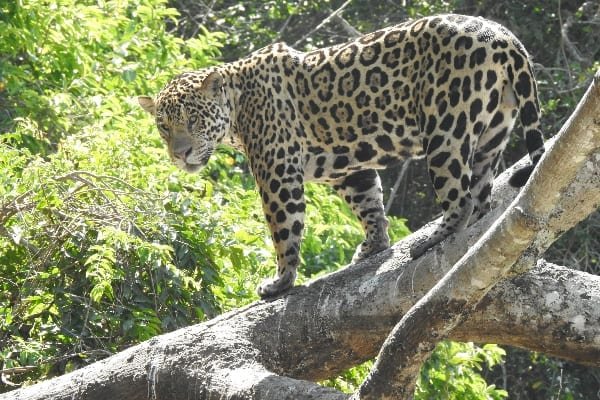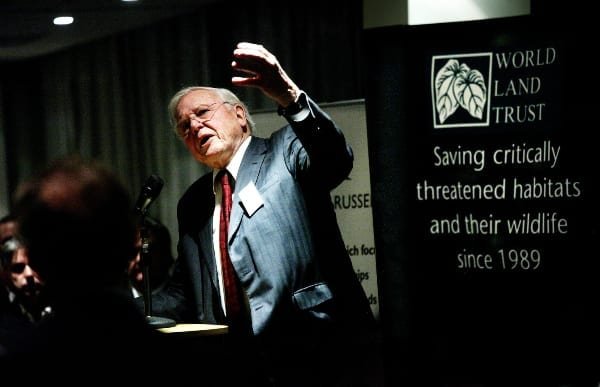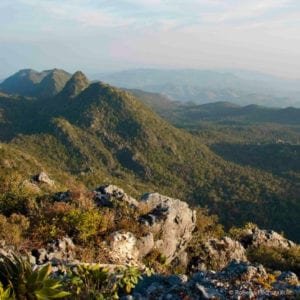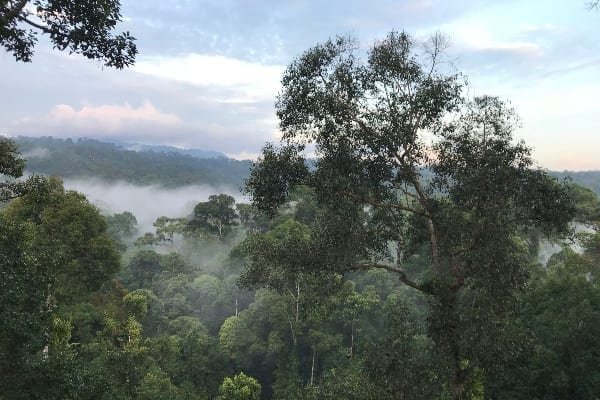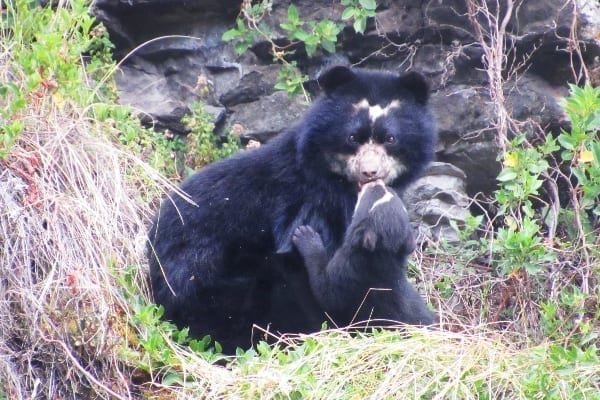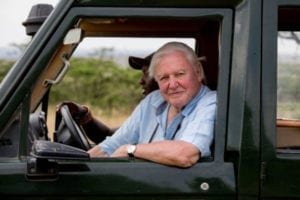This article first appeared in our Ethical Shopping issue of My Green Pod Magazine, distributed with The Guardian on 30 October 2020. Click here to subscribe to our digital edition and get each issue delivered straight to your inbox
Images: David Bebber / Martin Schaefer
Some of us are old enough to remember sitting spellbound through 13 episodes of Sir David Attenborough’s groundbreaking series Life on Earth when it first aired in 1979.
Wikipedia tells us that it was watched by an estimated global audience of 500 million; since then it has probably been seen by as many people again.
Who wasn’t mesmerised by a young Sir David staring into the eyes of a mountain gorilla? ‘The gentlest of primates’, he said.
We were staggered to learn that for every one person there are over a billion insects – ‘Put together they would weigh perhaps 70 times as much as the average human being’ – and that you and I are more closely related to a cod than the cod is to a shark.
In the final episode, Sir David closes by saying: ‘We [humans] are now by far the most powerful single species that has ever existed on Earth. That power brings great responsibility. It is now up to us to care for the planet and for all the other creatures for whom it is home.’ That was in 1979.
40 years later, Sir David’s message rings louder and clearer. The title of his new documentary – A Life on Our Planet – hasn’t changed a lot; neither has the message – it’s just more urgent.
Deforestation and meat
Since 1975, little short of 1 billion hectares (2.4 billion acres) of the world’s rainforests have been razed – much of it destroyed to provide pasture for the cheap meat industry.
Sir David warns the planet cannot continue to ‘support millions of meat eaters’, and focuses on saving forests and planting trees as the number one priority.
‘If there were no trees around, we would suffocate’, he says. ‘If it weren’t for the natural world the atmosphere would be depleted from oxygen tomorrow. Without the natural world, mankind is doomed.’
Saving mountain gorillas
Sir David’s meeting with primatologist Dian Fossey had a profound effect on him; after filming, he returned to the UK determined to do something about gorilla poaching. He turned to John Burton, founder of World Land Trust (WLT) as someone he felt would have the drive to make change.
Wasting no time, John – then chief executive of Fauna & Flora Preservation Society (now Fauna & Flora International) – spearheaded the hugely successful Mountain Gorilla Project.
 Play Video about This Rock Might Just Save The World
Play Video about This Rock Might Just Save The World Play Video about Play 2 hours of rock
Play Video about Play 2 hours of rock Play Video about Play 2 hours of brook
Play Video about Play 2 hours of brook Play Video about Play 2 hours of sheep
Play Video about Play 2 hours of sheep

















